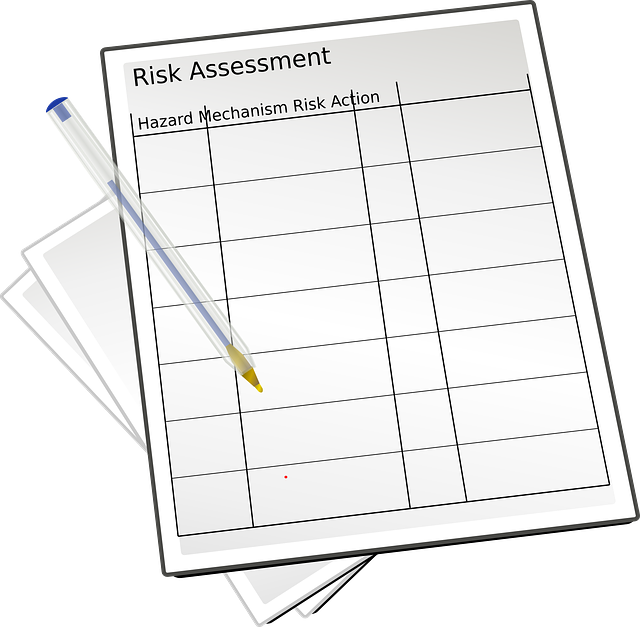What is the Purpose of the EUDR?
The EUDR aims to decrease the EU’s global deforestation impact by encouraging using deforestation-free products. Consequently, this initiative lowers greenhouse gas emissions and curbs biodiversity loss.
In other words, the purposes of this regulation include:
- Preventing in-scope products purchased, utilized, and consumed by Europeans from causing deforestation and forest degradation within the EU and worldwide
- Decreasing carbon emissions resulting from EU consumption and production of relevant products by a minimum of 32 million metric tonnes annually
- Addressing all deforestation and forest degradation linked to agricultural expansion for the covered commodities production.
What Products Does the EUDR Cover?
The European Deforestation Regulation applies to seven primary commodities:
- Cattle
- Wood
- Coffee
- Cocoa
- Soy
- Palm oil
- Rubber






